Reporting Intern – O’Brien Fellowship in Public Service Journalism, 2018-2019
Marquette University’s O’Brien Fellowship recruits professional journalists from around the nation to report on key issues affecting the public, including the environment, education, mental illness, health care, medical science, open government and criminal justice. The fellows research their topics, collaborating with teams of student interns over the course of one academic year and publishing their findings with their home news organizations.
Click here to visit Marquette’s O’Brien Fellowship page.
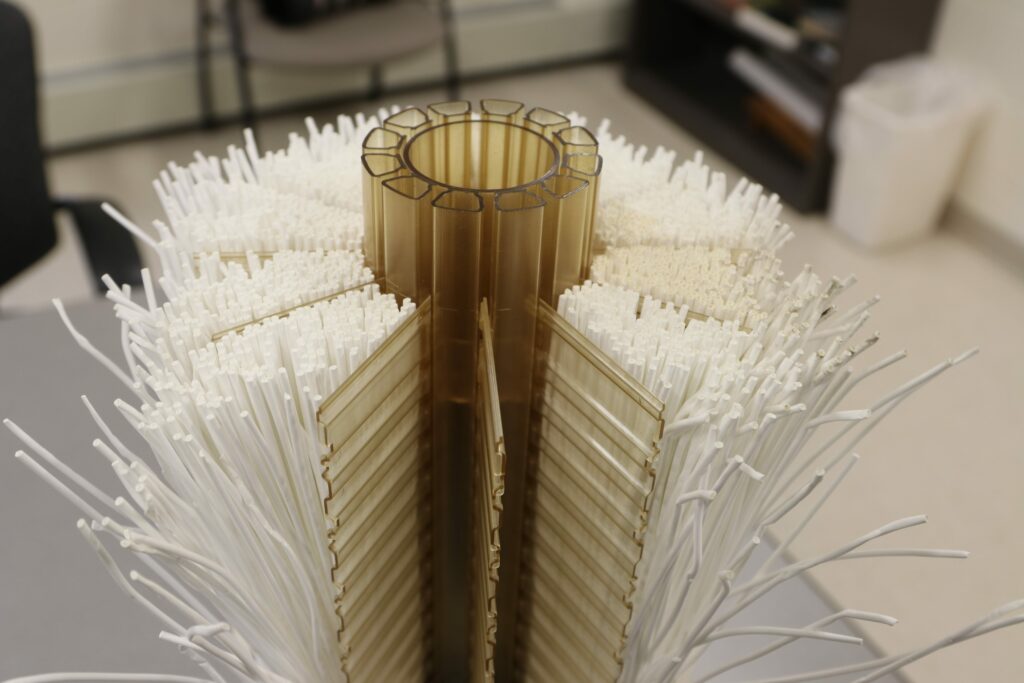
Alongside Fellow Erin Jordan (Cedar Rapids Gazette) and interns John Steppe and Meaghan Kaupe, I reported on water quality issues affecting the Mississippi River and Gulf of Mexico during the 2018 fall semester. Our work took a deep dive, assessing progress made by 12 states committed to reducing agricultural and other sources of runoff into the Mississippi River Basin. Point and non-point source pollution has caused hypoxia – an absence of oxygen – in parts of the river basin and the gulf, destroying ecosystems and impacting local economies.
“In many states, there are no deadlines for making changes and no ‘stick’ for some stakeholders, despite the serious consequences to Gulf fisheries, wildlife and humans who consume water from the Mississippi River or its tributaries. Meanwhile, many state legislatures have sputtered in efforts to fund water quality initiatives.”
Erin Jordan, O’Brien Fellow
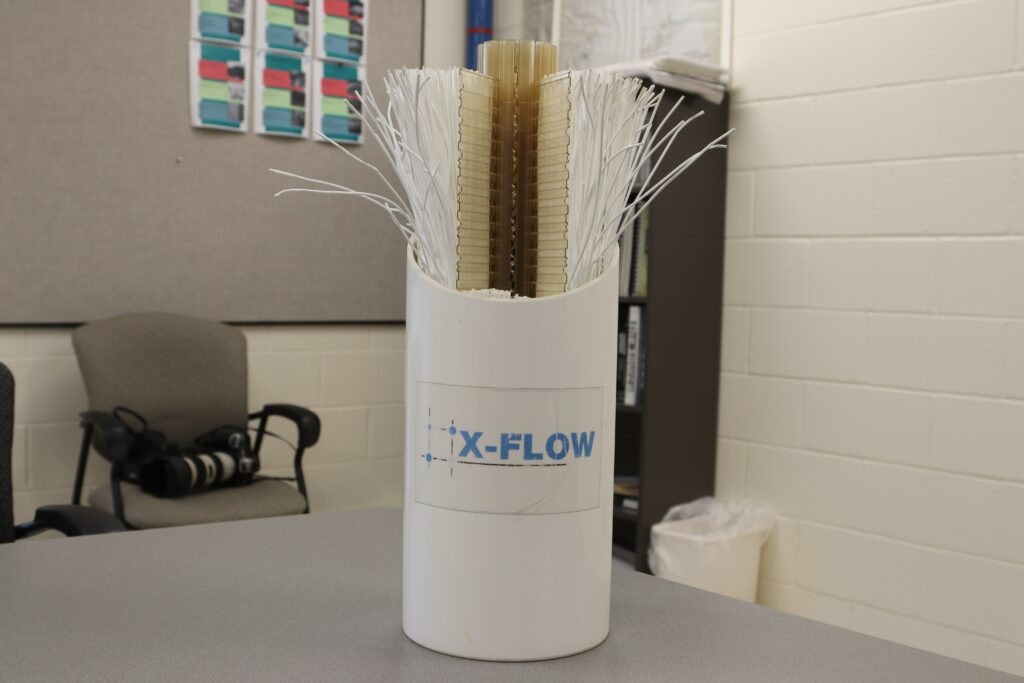
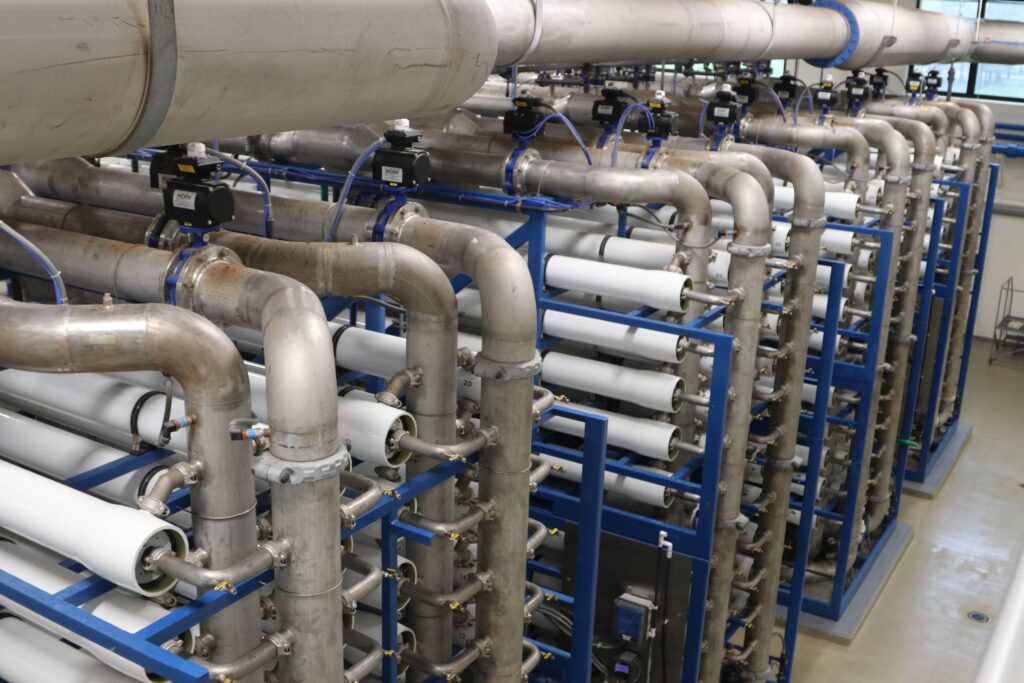
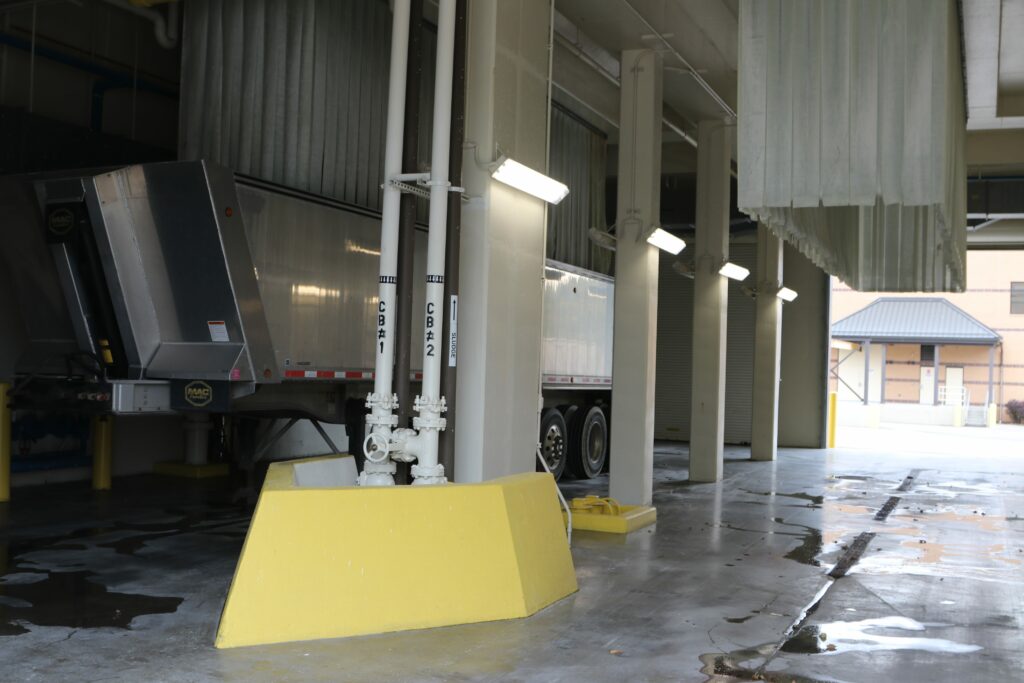
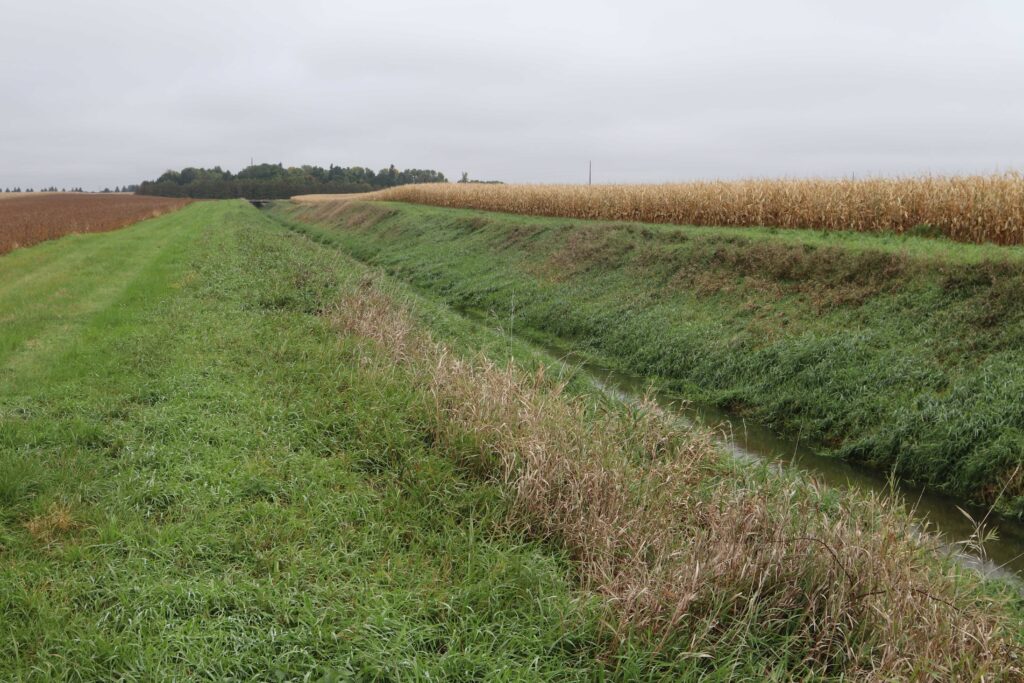
During the fall 2018 semester, I supported Jordan’s reporting by investigating nutrient reduction strategies implemented by agencies in Arkansas and Minnesota. Jordan and I visited Minnesota to meet with state water scientists, officials and local farmers to discuss nutrient leeching and “buffer strips,” a mandated, controversial measure to distance agricultural plots from waterways.
See the links below to explore the culmination of our reporting on Mississippi River and Gulf of Mexico runoff, published in the Cedar Rapids Gazette, December 2, 2018.
- Treading water: unfocused and underfunded, goal of cleaner water falters – Erin Jordan
- ‘Dead zone’ worsens troubles for Louisiana shrimpers – Erin Jordan
- Wisconsin’s Green Bay sees dead zones, too – John Steppe
- Indiana leading the way with cover crops – Erin Jordan
- Many Minnesota farmers disagree with buffer mandate – Mark Lisowski
- Interactive: The Gulf Dead Zone Through the Years – Max Freund
- Interactive: What is your state contributing to the Dead Zone? – Max Freund
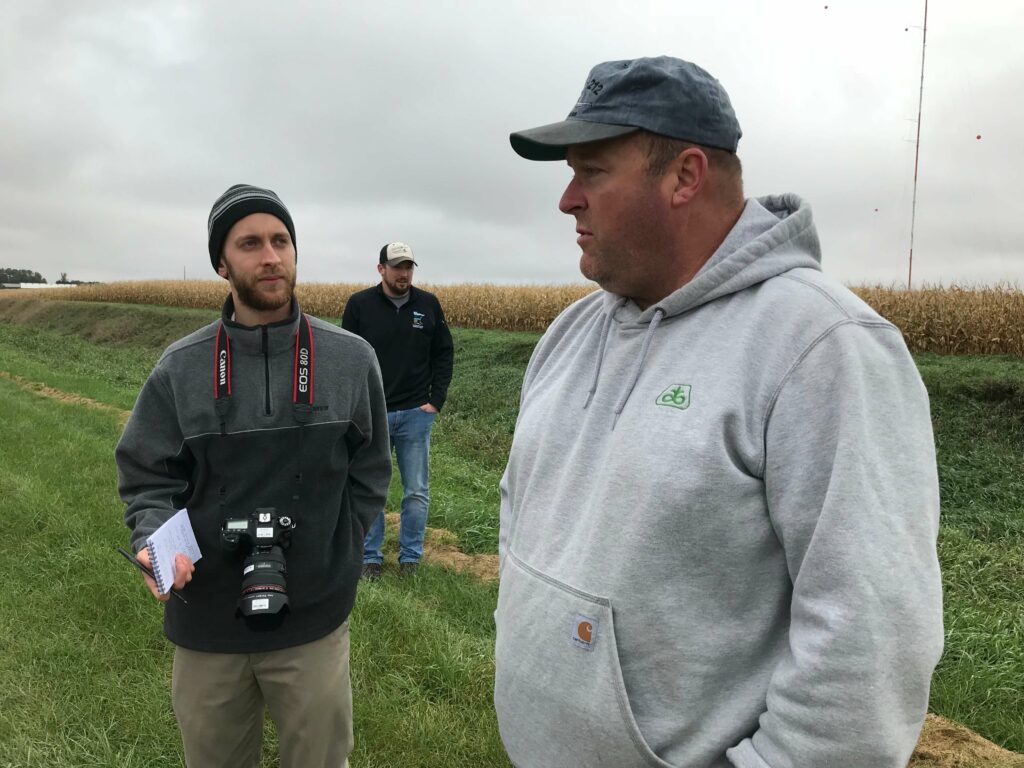
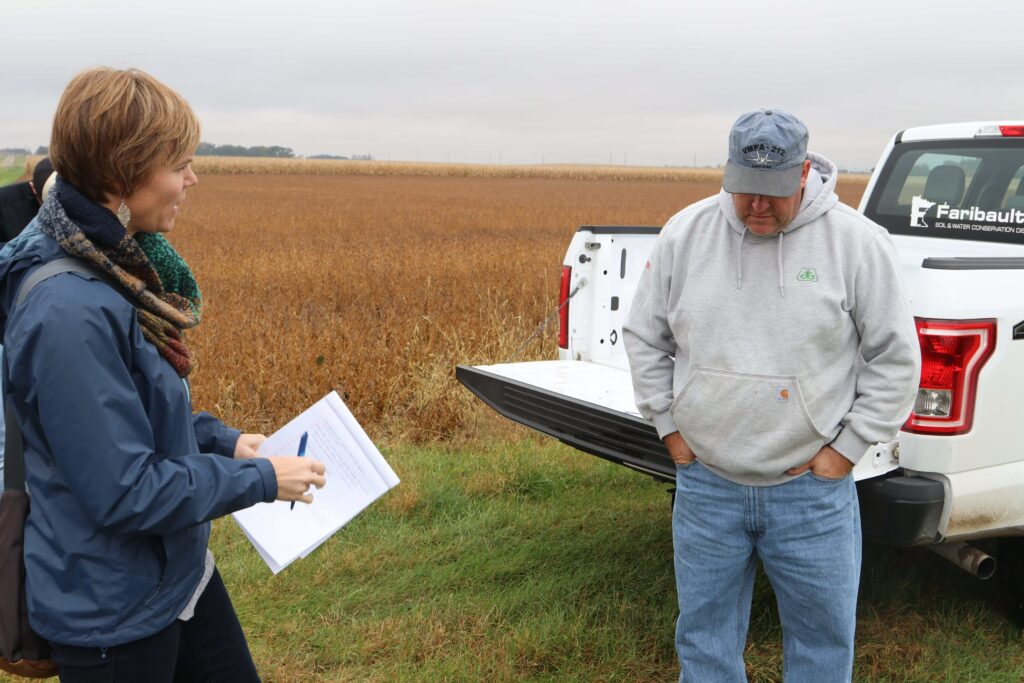
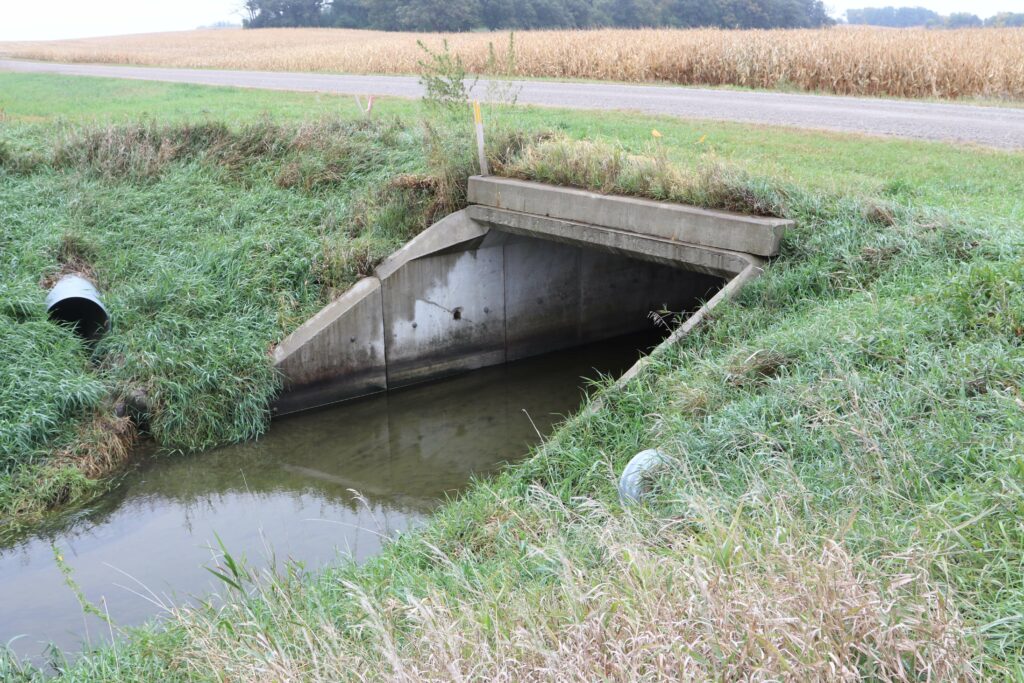
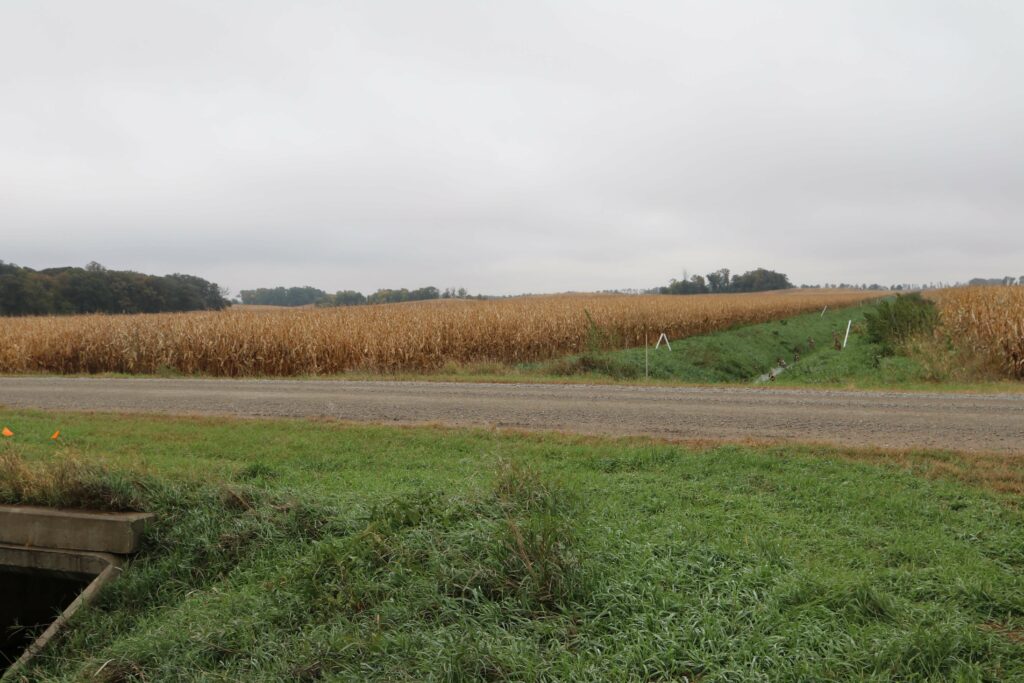

The spring 2019 semester offered an opportunity for me to switch gears away from nutrient runoff to focus on Milwaukee’s water technology sector. Milwaukee has bolstered its position in water-related research and development as unique, even superior to other areas across the nation or internationally. I spent the semester researching Milwaukee’s alleged uniqueness, securing interviews with local leaders, scholars and residents on the matter. This reporting, which resulted in a byline and short audio broadcast, supported Jordan’s work as a Fellow and constituted the work for my master’s capstone.
See the links below to read about the work our reporting collaborative published in the second part of our year-long project.